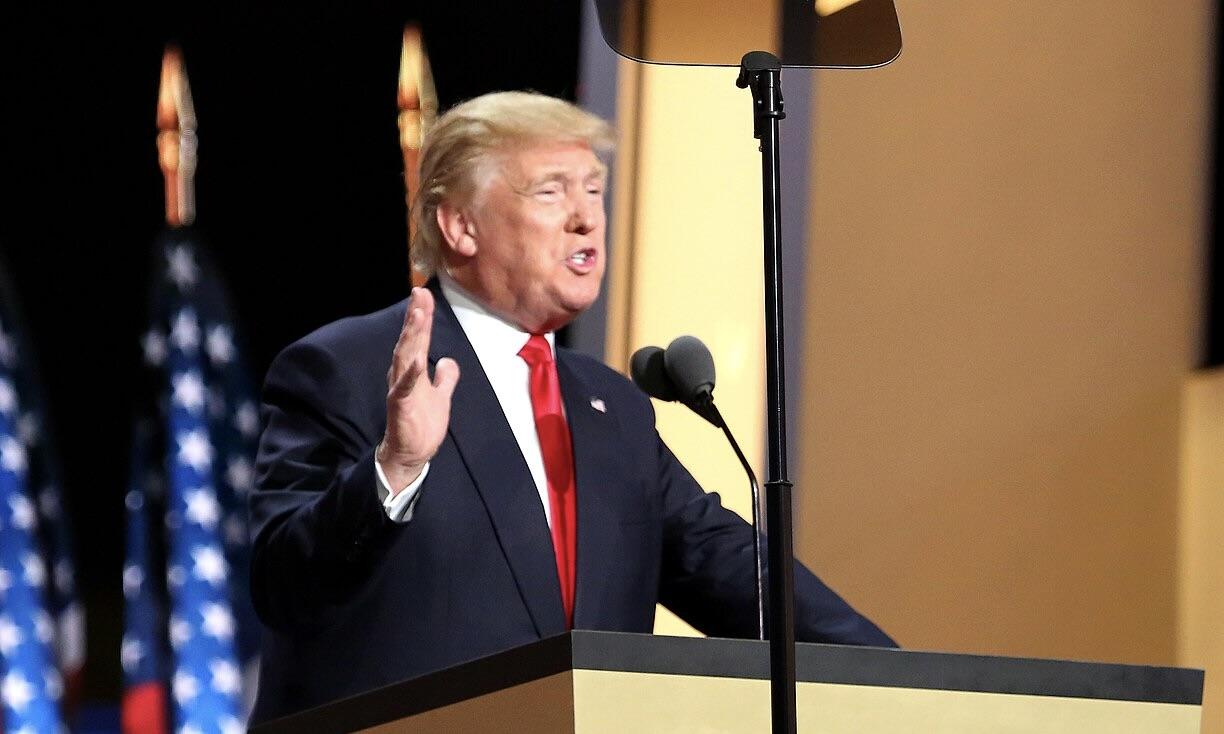As Donald Trump prepares to step into the presidency once again in 2025, his administration’s energy policies are drawing attention, stirring both optimism and apprehension among key stakeholders. Trump’s latest proposals aim to dismantle regulatory barriers, bolster fossil fuel production, and roll back climate-focused measures introduced by the previous administration. These actions are expected to ignite fierce debate over their environmental and economic implications.
Fossil Fuels Take Center Stage
Central to Trump’s energy strategy is the revival of the fossil fuel industry. His administration is reportedly planning to expand drilling projects on federal lands, reinstate key oil and gas pipeline projects, and reduce federal oversight on energy production. Proponents argue that these moves will create jobs and strengthen America’s energy independence. Critics, however, warn that these policies could exacerbate environmental degradation and climate change, citing the rollback of emission standards as a concerning development.
The administration’s renewed focus on coal has also sparked controversy. While coal production saw a decline in recent years due to market forces and a global shift to renewable energy, Trump’s team is expected to incentivize coal-fired power plants through subsidies and reduced environmental compliance costs. Environmental advocates are already gearing up for legal challenges, warning of the long-term consequences for public health and carbon emissions.
Renewables Face Uncertainty
Trump’s stance on renewable energy remains contentious. While wind and solar industries have seen exponential growth in recent years, Trump has signaled a pivot away from federal support for clean energy initiatives. Tax credits for renewable energy developers could face cuts, potentially slowing the momentum of the green energy sector. Analysts suggest this could shift investment priorities, leading to stagnation in renewable energy deployment despite public demand for cleaner alternatives.
Dismantling Climate Regulations
The administration is expected to target high-profile climate policies enacted under the Biden administration, including the Inflation Reduction Act’s clean energy provisions. Environmental groups have expressed alarm over the potential repeal of initiatives aimed at reducing greenhouse gas emissions. Trump's policies could also jeopardize U.S. participation in global climate accords, further isolating the country from international efforts to combat climate change.
Economic Implications
While Trump's energy agenda is designed to lower domestic energy prices and reduce reliance on foreign oil, experts warn of potential long-term economic risks. Critics argue that favoring fossil fuels over renewables could hinder the U.S. from competing in the burgeoning global clean energy market. Moreover, a reduced emphasis on environmental sustainability could invite sanctions or trade restrictions from international partners committed to aggressive climate goals.
Polarized Reception
As Trump’s energy policies begin to take shape, public opinion is sharply divided. Advocates for deregulation and energy independence hail the proposals as a win for American industry, while environmentalists and climate scientists decry them as a step backward. The clash over Trump’s energy policies is expected to dominate political discourse well into his presidency.



 Australia Rules Out Military Involvement in Iran Conflict as Middle East Tensions Escalate
Australia Rules Out Military Involvement in Iran Conflict as Middle East Tensions Escalate  Germany and China Reaffirm Open Trade and Strategic Partnership in Landmark Beijing Visit
Germany and China Reaffirm Open Trade and Strategic Partnership in Landmark Beijing Visit  Australian PM Calls Alleged Western Australia Terror Plot “Deeply Shocking” After Arrest
Australian PM Calls Alleged Western Australia Terror Plot “Deeply Shocking” After Arrest  Trump to Address Nation as U.S. Launches Strikes in Iran, Axios Reports
Trump to Address Nation as U.S. Launches Strikes in Iran, Axios Reports  U.S.-Israel Strike on Iran Escalates Middle East Conflict, Trump Claims Khamenei Killed
U.S.-Israel Strike on Iran Escalates Middle East Conflict, Trump Claims Khamenei Killed  Suspected Drone Strike Hits RAF Akrotiri Base in Cyprus, Causing Limited Damage
Suspected Drone Strike Hits RAF Akrotiri Base in Cyprus, Causing Limited Damage  Trump Floats “Friendly Takeover” of Cuba as Rubio Reportedly Engages in Talks
Trump Floats “Friendly Takeover” of Cuba as Rubio Reportedly Engages in Talks  U.S. Lawmakers Question Trump’s Iran Strategy After Joint U.S.-Israeli Strikes
U.S. Lawmakers Question Trump’s Iran Strategy After Joint U.S.-Israeli Strikes  HHS Adds New Members to Vaccine Advisory Panel Amid Legal and Market Uncertainty
HHS Adds New Members to Vaccine Advisory Panel Amid Legal and Market Uncertainty  Marco Rubio to Brief Congress After U.S.-Israeli Strikes on Iran
Marco Rubio to Brief Congress After U.S.-Israeli Strikes on Iran  Russia Signals Openness to U.S. Security Guarantees for Ukraine at Geneva Peace Talks
Russia Signals Openness to U.S. Security Guarantees for Ukraine at Geneva Peace Talks  UK Accepts U.S. Request to Use British Bases for Defensive Strikes on Iranian Missiles
UK Accepts U.S. Request to Use British Bases for Defensive Strikes on Iranian Missiles  Israel Launches Fresh Strikes on Iran After Death of Supreme Leader Ayatollah Khamenei
Israel Launches Fresh Strikes on Iran After Death of Supreme Leader Ayatollah Khamenei  Israel Declares State of Emergency as Iran Launches Missile Attacks
Israel Declares State of Emergency as Iran Launches Missile Attacks  EU Urges Maximum Restraint in Iran Conflict Amid Fears of Regional Escalation and Oil Supply Disruption
EU Urges Maximum Restraint in Iran Conflict Amid Fears of Regional Escalation and Oil Supply Disruption  Iran Supreme Leader Ayatollah Ali Khamenei Killed in Israeli, U.S. Strikes: Reuters
Iran Supreme Leader Ayatollah Ali Khamenei Killed in Israeli, U.S. Strikes: Reuters  Pakistan-Afghanistan Tensions Escalate as Taliban Offer Talks After Airstrikes
Pakistan-Afghanistan Tensions Escalate as Taliban Offer Talks After Airstrikes 































